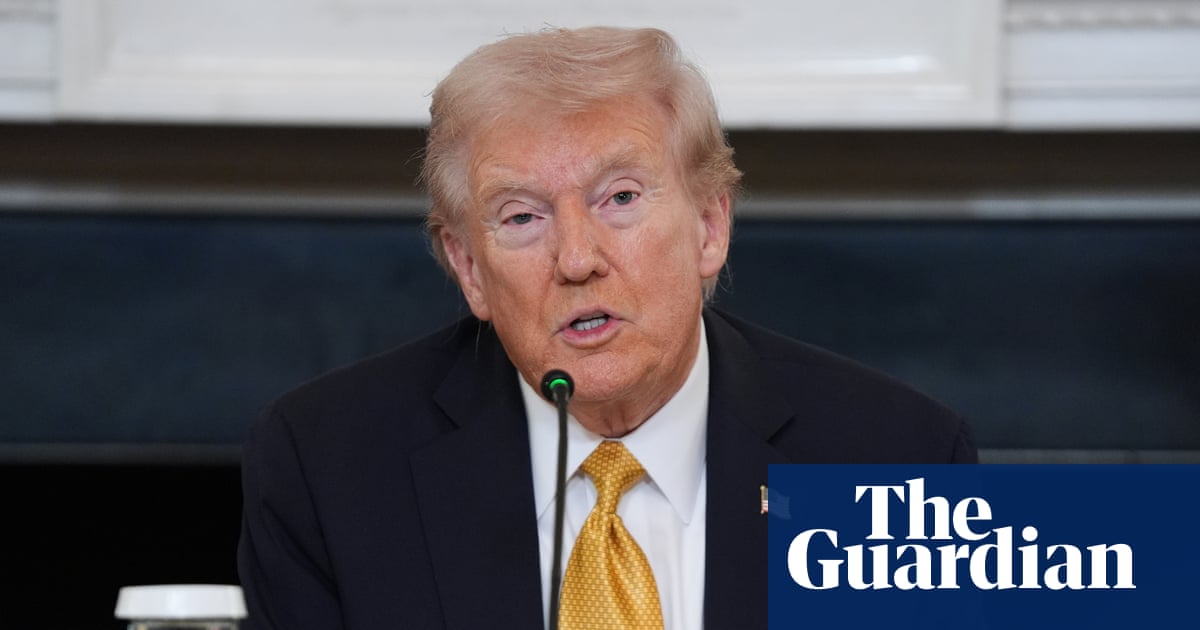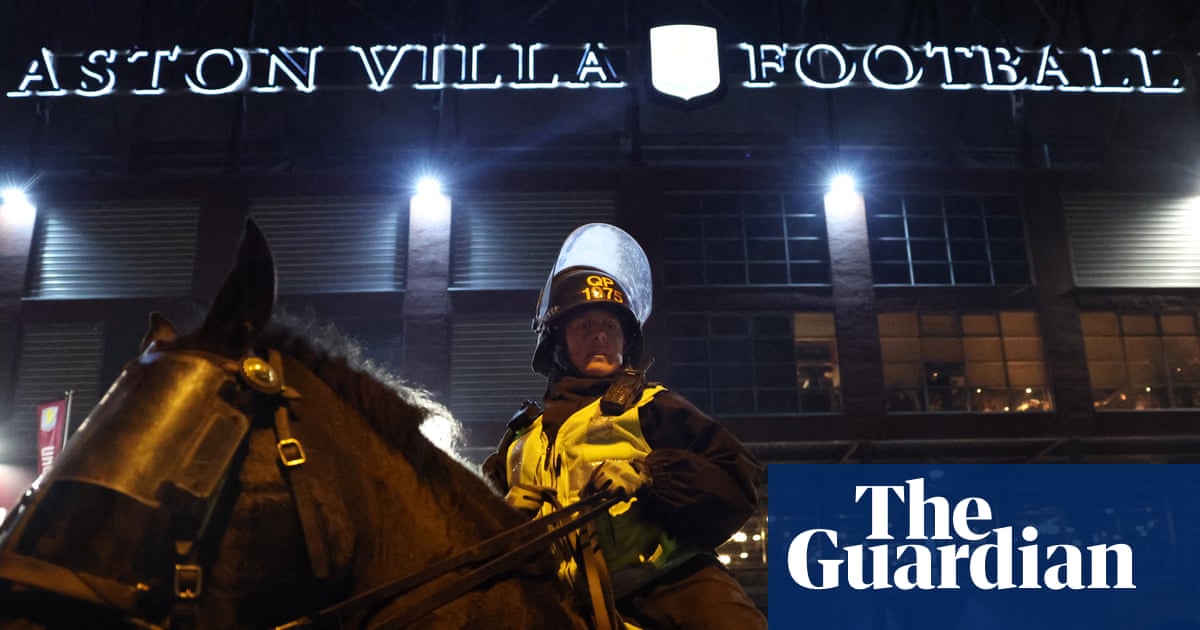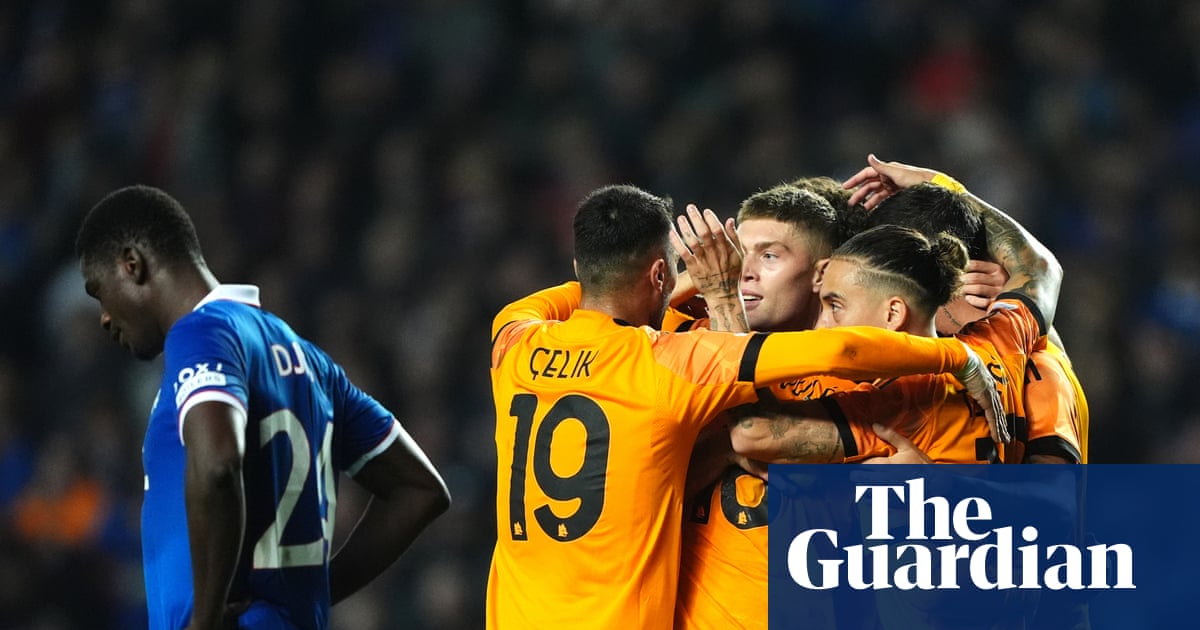Superman Woke! Variations on that headline splashed across all manner of non-Daily Planet websites this week in advance of a new Superman movie reboot, specifically the comments of writer-director James Gunn, who casually characterized the character as an immigrant and, as such, telling the “story of America” in an interview. This rankled rightwingers including the former TV Superman Dean Cain, who acknowledged Superman as an immigrant but blanched at the idea of actively associating that as an American value, noting that “there have to be limits”.
Meanwhile, the former Trump lackey Kellyanne Conway, now a Fox News host, characterized the movie she hasn’t seen as an ideological lecture, and added her supposed anger that the movie’s star, David Corenswet, elided the old “truth, justice and the American way” Superman slogan in another interview (referring to “truth, justice, all that good stuff”). For those attempting to keep track: people involved with a Superman movie shouldn’t attempt to evoke America, except when they should. Actually, for those keeping even closer track, the “American way” bit was a phrase added to the radio version of Superman during the second world war, and further popularized by the 1950s TV show. It lived on primarily in reruns of that show, didn’t appear in the comics until 1991, and has never been particularly central to the character in his original medium (or any of the movies, even).
This is all to say that the reading of Superman as an immigrant is so commonplace, so arguably a part of the plain old surface text of the character, that it’s even harder to buy any ginned-up outrage than usual. At best, it’s a byproduct of suppressed guilt over the cruel and unusual immigration policies favored by anyone dumb enough to complain that this a “woke” version of a 90-year-old superhero.
In fact, the phoney outrage and predictions of boycott from people who don’t go to the movies anyway could be a gag straight from the movie itself. It’s one of plenty of real-world parallels in Gunn’s movie. Most of them fall into the blockbuster realm of vagueness that makes it hard to tell if it was inspired by real events or just unsuccessfully sidestepping from evoking one international crisis straight into evoking another. (More on that in a moment.) But the most obviously first-hand quasi-political experiences Gunn draws upon all have to do with social media: this is a Superman whose weaknesses include Kryptonite, Lex Luthor-engineered software that anticipates his every punch, and … reading the comments. During one argument, Lois Lane needles her superpowered boyfriend by telling him she’s seen him looking through certain hashtags guaranteed to frustrate and enrage even the virtuous child of Kansas farms who still says “golly!” on the regular.
This makes sense: James Gunn does not have experience in geopolitics, but he sure has experience online. The film-maker was semi-canceled over edgelord-y tweets (unearthed, in perfect discourse fashion, by rightwingers infuriated by his left-leaning politics); fired from the third Guardians of the Galaxy movie; and eventually rehired when Disney realized that maybe cast and fan loyalty was worth more than manufactured outrage. But in his between-Guardians downtime, Gunn made a Suicide Squad sequel for the previous DC regime, essentially auditioning for his current job. In some ways, he owes his stewardship of Superman and DC in general to the vexations of life online.
So if it’s a little cringe-y to hear about Superman glancing through social media, or for Gunn to go out of his way to show Lex Luthor training an army of monkeys to flood the zone with mean tweets, it’s also a funny, oddly whimsical way of acknowledging our contemporary world. (Plus, remember that Clark Kent works in media, even if his newspaper still publishes a print edition.) It’s certainly more surefooted than the movie’s actual politics, which go further than the likes of Captain America: Brave New World but still fall short of anything more complicated than the actual thrust of Gunn’s interview. (Which was that kindness is, in fact, good.)
The immigrant stuff, first of all, is in the movie but not especially prominent. A plot turn involving Superman’s parents could even be read as accidentally xenophobic; after all, if you’re trading on the message that it doesn’t matter where an immigrant comes from once assimilated into our culture, doesn’t that by definition cast aspersions on other countries (or in this case, planets) and elevate whatever “our” culture is? That’s obviously not Gunn’s intent in positioning Superman as an immigrant figure; he wants to elicit the empathy for outsiders that we’ve all felt at one time or another. The logical stumble is more a sign of a metaphor that isn’t fit for front-to-back, one-to-one interpretation; that’s not a problem on its own.
More interesting is the story’s offscreen inciting incident, where Superman intervenes in the affairs of two fictional countries. When the movie begins, Superman has recently stopped Boravia, which is led by a blustery despot who comes across like an eastern European Trump, from invading neighboring Jarhanpur. The latter has struck some viewers as coded Middle Eastern, implying parallels between Israel and Palestine, though in the comic books (and based on the leader’s accent, here too) the countries are actually somewhere in Europe. That is to say, it looks more akin to Russia invading Ukraine, though Gunn has said he didn’t have any specific real-life turmoil in mind when he concocted the scenario.

The issue is really more interventionism: should Superman have acted unilaterally in stopping Boravia (and, indeed, threatening its leader with reprisal if he tries it again)? Lois Lane isn’t so sure, bringing up the repressive nature of past Jarhanpur governments (and in turn bringing to mind Israel’s attacks on Iran, though that particular conflict was in the news well after this movie was written, shot and probably almost or entirely finished). One of the most heartening things about Superman is that Lois’s objections inspire a full conversation between her and Superman, in the guise of an “interview” to make up for the fact that most of Superman’s press is self-directed through Clark Kent. For a little while, the movie seems ready to dig into the genuine strife faced by a mega-powerful being who therefore has the ability to shape the world. Stopping people in another country from dying seems ethical. But what about issuing de facto press releases disguised as a real journalism?
Of course, all of these questions are in the realm of hypothetical, so the movie mostly just invents hypothetical solutions that turn on the fact that Superman is, in fact, inherently trustworthy and moral. Lucky for everyone, huh? Then again, getting too far into the issue of whether Superman “should” help people starts to look a bit too much like the Zack Snyder version that audiences and critics had such mixed-at-best feelings toward. Gunn wants Superman to be a bigger-tent affair than that, and it’s an understandable impulse. He’s not the first superhero character, but he’s arguably the first one to achieve something resembling global ubiquity. That’s going to lead to some varying interpretations. Limiting him to specific politics makes no more sense than keeping a world-saving god within Metropolis city limits.
Yet in a weird way, the buffoonish outrage over Superman’s immigration status has only served to highlight a void in the movie’s broader emotional resonance. It’s a sweet-natured movie that ends on a genuinely emotional note – it might particularly resonate for those with adoptive parents, another Superman mainstay – but misses the opportunity to make a more explicit parallel in the way Superman has emigrated both to the United States in particular, but to Earth in general. His global citizenship is more of a feelgood given than a powerful duality, and a Superman that truly grappled with our ability to see beyond national boundaries might have felt like a true update of the character for a new century, rather than another tacit plea for kindness. We have Paddington for that. Shouldn’t Superman be able to lift something a little heavier?

 3 months ago
108
3 months ago
108

















































